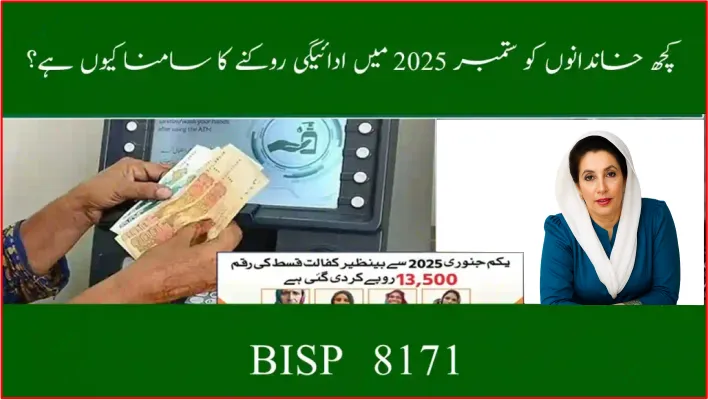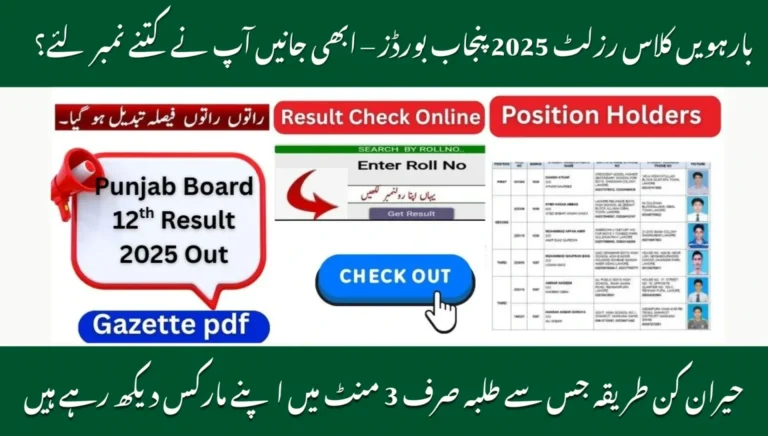
For countless families, social support is more than just a transaction — it’s the backbone of survival. These monthly allowances help parents buy food, cover education, pay for transport, and manage healthcare costs. When a Payment Hold occurs, the impact is immediate: kitchens remain empty, bills pile up, and children miss out on essentials.
This September 2025, many households across Pakistan were surprised to find their payments delayed. Instead of receiving money on schedule, they were told to wait or found empty accounts. This uncertainty has caused frustration and stress among communities that rely heavily on financial aid.
But what does a Payment Hold actually mean? Why is it happening this September? And most importantly, what can families do to resolve it quickly? This article explains the reasons, solutions, and preventive measures in detail.
What a Payment Hold Means
A Payment Hold means that funds scheduled for your account are temporarily paused. The money is not lost — it remains pending until the system confirms your eligibility, documents, or banking details.
Such holds are common in welfare systems to prevent fraud, ensure fairness, and confirm eligibility. While necessary, they can feel overwhelming for families living paycheck to paycheck.
Main Reasons for Payment Hold in September 2025
Several factors have combined this year, making Payment Hold cases more frequent. Here are the top reasons:
Pending Document Verification
If documents like CNIC, proof of residence, or children’s birth certificates are outdated, expired, or mismatched, your payment may be held until verification is complete.
Eligibility Reviews and Poverty Score Updates
Dynamic surveys and reassessments in 2025 are causing many Payment Holds. If household income or living conditions changed, payments may be paused until your poverty score is recalculated.
Transition to New Payment Systems
Many beneficiaries are shifting from old cards to digital wallets or updated bank-linked accounts. Until this transition is complete, payments may remain on hold.
Banking Errors and Technical Issues
Blocked cards, incorrect account details, or ATM network failures can cause a Payment Hold even when funds are approved.
Fraud Prevention and Security Checks
To stop duplication or misuse, the system runs fraud checks. Suspicious entries often trigger temporary Payment Hold status until resolved.
The Human Impact of Payment Hold
Behind every delayed transaction is a family struggling to survive. A mother unable to buy food, a father stressed about tuition fees, or grandparents missing out on medicines — a Payment Hold is more than a technical delay; it directly affects lives.
How Families Can Check Payment Hold Status
If your September 2025 support has not arrived, you can confirm your Payment Hold through:
- Online portals: Enter CNIC to check if your status shows “approved,” “pending,” or “on hold.”
- SMS alerts: Missing notifications may indicate a hold.
- Helpline calls: Toll-free numbers can confirm your record.
- Local office visits: Submit documents directly for faster resolution.
- Bank inquiries: Sometimes payments are approved but stuck at your bank.
How Families Can Resolve Payment Hold
Knowing about the Payment Hold is just step one — here’s how to fix it:
- Update your documents (CNIC, address, phone number, bank details).
- Respond quickly to re-verification or document requests.
- File an appeal if you believe the hold is unfair.
- Switch to the new payment system if still using outdated methods.
- Stay alert against scams — agencies never charge fees to release payments.
FAQs on BISP Payment Hold
Why are so many families affected in September 2025?
Because of new payment methods, digital wallets, and eligibility reviews.
How long does a Payment Hold last?
Usually a few days to weeks, depending on how fast the issue is fixed.
Will families lose their September payments?
No. Payments are released after the hold is cleared.
What if my poverty score changed unfairly?
You can file an appeal with updated documents.
Is it safe to share details by phone?
Only with official helplines — never with unknown callers.
How to Avoid Payment Hold in the Future
- Always update your documents promptly.
- Double-check bank details before submission.
- Respond quickly to agency requests.
- Use only official websites and helplines.
- Educate family members about scams.
Conclusion
BISP Payment Hold in September 2025 has created stress for many families, but these delays are temporary. The main reasons include document verification, eligibility checks, banking errors, and the rollout of new systems. By keeping documents updated, responding quickly to requests, and avoiding fraud, families can reduce the risk of future holds. While delays are frustrating, most households will still receive their support once the hold is cleared.
Read this >>>> Benazir Taleemi Wazaif 2025 District-Wise Payment Schedule



